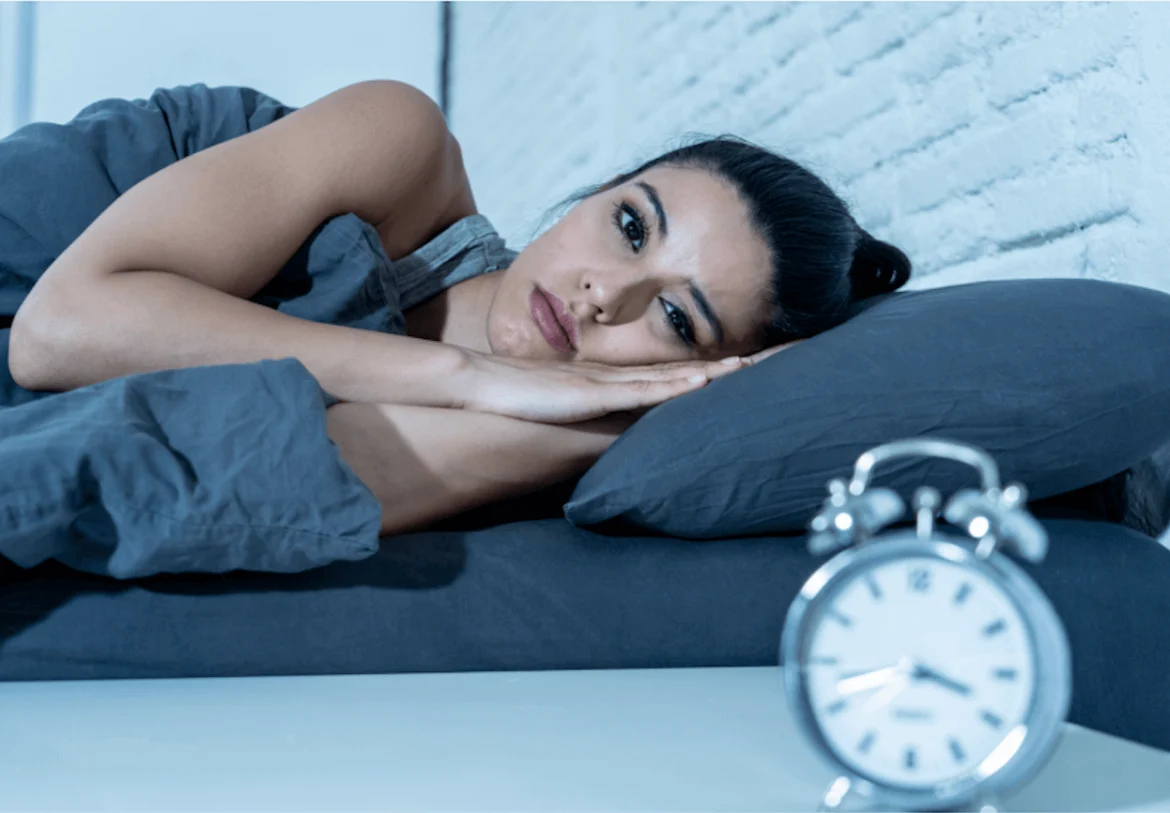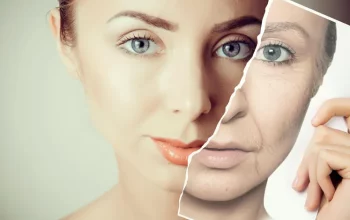How Stress Impacts Sleep
Trying to get good sleep while you’re stressed-out is like trying to make a half-court shot while blindfolded. You can do it… but it’s really tough to pull off.
There’s a biological reason for this.
When you’re stressed, your body releases cortisol, the main stress hormone. This coincides with sugar, or glucose, entering the bloodstream, which elevates your blood pressure. Soon, your muscles are tensing up, your heart is pumping, and your brain is working overtime. This reaction is best known as the “fight or flight” response, an innate survival mechanism our bodies activate when we’re in trouble.
That response is what makes it hard to fall asleep. Our bodies are simply hardwired to keep us awake when we’re stressed. Millions of Americans already deal with this problem on a fairly regular basis. One 2017 survey revealed that 45% of U.S. citizens had a hard time sleeping within the last month due to stress.
When stress lingers for several weeks, that’s when it becomes chronic stress. This can be brought on by high-pressure jobs, money worries, divorce, the death of a family member, or, as many people are experiencing lately, anxiety over situations like the COVID-19 pandemic. At that point, the body starts to get used to higher cortisol levels. This not only continues to get in the way of getting quality sleep, but can lead to more serious health issues, including heart disease, hypertension, diabetes, and depression.
Can Loneliness Make Stress Worse?
One downside of social distancing is that you feel less connected to your family and friends. This can also lead to sleep problems. How does that work? It turns out, researchers have found loneliness is a key source of both acute stress and chronic stress. And as we just touched on, short-term and chronic stress are major hurdles in the way of getting quality sleep. That’s why the same researchers, in their study from 2014, found loneliness is closely linked to poor sleep quality, as well as daytime fatigue, which can throw off your usual sleep schedule.
Experts continue to research why loneliness drives chronic stress, but one potential reason could be evolutionary: thousands of years ago, we were safer when traveling and living with a group, rather than on our own. That feeling is still pre-programmed into our DNA, and is likely one of the reasons loneliness leads to stress level spikes.
To safeguard against this — especially if you’re living on your own — make sure you find time to talk to your friends and relatives. Phone calls are great, or you set up a Zoom or Skype call to catch up with people you haven’t seen in a while. Whatever it is, just put in that extra effort right now to stay connected to those you care most about.
A Vicious Cycle: Poor Sleep Can Lead to More Stress
There’s one last thing to know about sleep and stress: it’s not just a one-way street, where stress leads to poor sleep. Poor sleep can also lead to increased stress and anxiety, making this a vicious cycle that can be difficult to break out of.
Researchers from UC Berkeley found that a single sleepless night can lead to a 30% surge in emotional stress levels. Sleep plays a critical role in regulating our mood and helping us work effectively; when we don’t get enough of it, it’s harder for our bodies to properly manage stress.
If you’ve found you’re more stressed than usual lately, take a moment to consider your sleep habits.
Has your daily routine been thrown off from staying at home all day? Are you falling asleep later or at a different time than you normally would? It’s certainly understandable, if so. Just remember that a good night’s sleep is your foundation: it helps your immune system function better, helps your brain and memory function better, and helps reduce stress. This, in turn, will help you get better sleep.
I know it’s not the easiest time right now, but finding a way to relax and detach from the day’s stress should be a priority. Regular exercise and maintaining a healthy diet are two great ways to both release tension and set yourself up for quality sleep. Two other simple steps to consider: taking melatonin before bedtime, and reducing your exposure to blue light at night. And lastly, check out this blog post of mine from a few years ago, where I shared 5 relaxation techniques to help you de-stress and sleep better. It may be a stressful time, but that doesn’t mean we need to let it ruin our sleep.



